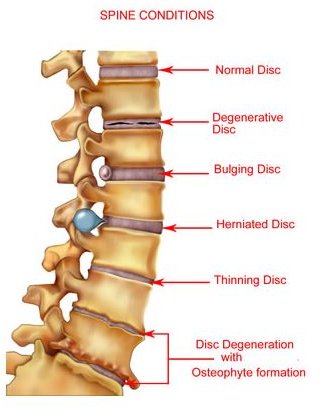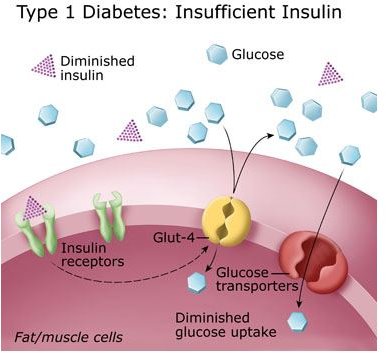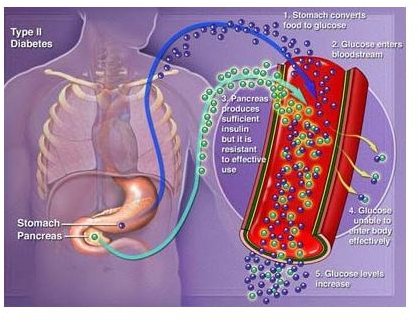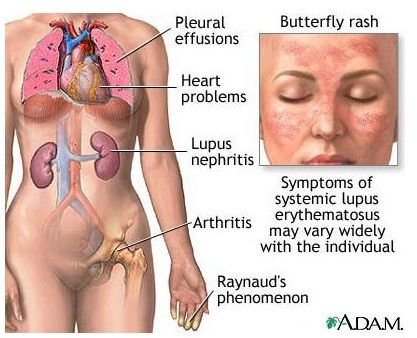What Medical Conditions Qualify for Disability?
If you are unable to work due to injury or illness, you are probably wondering what medical conditions qualify for disability. First, to be able to make a Social Security disability claim, you must have had your condition for one year or more. The condition must either prevent you from doing a significant amount of work or result in your death (in this case benefits would go to your children). Next, you need to find out which program you should apply for. Social Security Disability Insurance (SSDI) will give you benefits if you worked for a suitable amount of time and paid your Social Security taxes, while Supplemental Security Income (SSI) benefits are based on financial need. Below is a list of some of the medical conditions that are eligible for disability aid.
1. Mental Illness
If you are trying to receive benefits because you are mentally ill, documentation of your condition is important. You need letters and reports about your behavior from family, friends, and even former employers. Their observations and a report from a doctor (preferably a psychiatrist or psychologist) who has been treating for you for a long period of time are key to getting approved. You have to prove that your illness is severe enough to keep you from working and functioning in everyday life.
Image Credit: New Jersey Jewish News
2. Degenerative Disc Disease

It is very difficult to get disability aid for any type of back pain. Complaints of pain are not enough; they get very little consideration. It is important to have your doctor’s treatment note documenting your condition and interpretations of imaging studies (x-rays, MRIs, etc.). In preparation for your claim, you should always follow through on appointments and give your doctor as many details regarding your condition as you can.
Image Credit: Laser Spine Institute
3. Diabetes


An applicant for welfare disability who would like to qualify because of diabetes (Type I and Type II) has to have two things. He actually has to have a medical diagnosis of diabetes mellitus and at least one of the three following conditions: neuropathy, acidosis, or diabetic retinopathy.
Image Credits:
MedicalLook.com at https://www.medical-look.com/diseases_images/type_1_diabetes.jpg
TopNews In at https://www.topnews.in/health/files/diabetes-type2.jpg
4. Lupus

Lupus is a chronic auto-immune disease that damages the heart, joint, skin, lungs, blood vessels, liver, kidney, and nervous system. While fatalities are becoming rare, there still is no cure. Lupus is unpredictable, and a person suffering from it will go through periods of illness and remissions. It is not unusual for someone with lupus to be awarded benefits through a medical vocational allowance. If your illness has lasted or will last at least one year and it prevents you from doing one of your past jobs or another job that you are qualified for, then there is a good chance that you can receive a medical vocational allowance. Check with your local Social Security office to find out what medical conditions qualify for disability benefits under the medical vocational allowance.
Image Credit:
All Refer at https://medicalimages.allrefer.com/large/systemic-lupus-erythematosus.jpg
What to Do If You Receive a Disability Denial
Look again at the official list of what medical conditions qualify for disability and the circumstances under which a social security disability claim would be approved. If the disability denial was because of medical reasons, you can use the online appeal form to request a review of the decision. Otherwise, you have to contact the local Social Security Office to appeal. If you have a serious medical condition and you are repeatedly being denied, you may want to contact an attorney or non-profit group that helps people obtain welfare disability or SSDI.
Unless your disability is permanent, one way to avoid the red tape associated with applying for SSDI or SSI is to purchase your own medical disability insurance (in addition to what your employer provides) before you ever get sick or injured. Some medical disability insurance policies–like the ones Aflac offers–will pay out benefits even if the injury or illness is not work related.
If you would like to know more about what medical conditions qualify for disability, visit the disability section of the Social Security official website.
